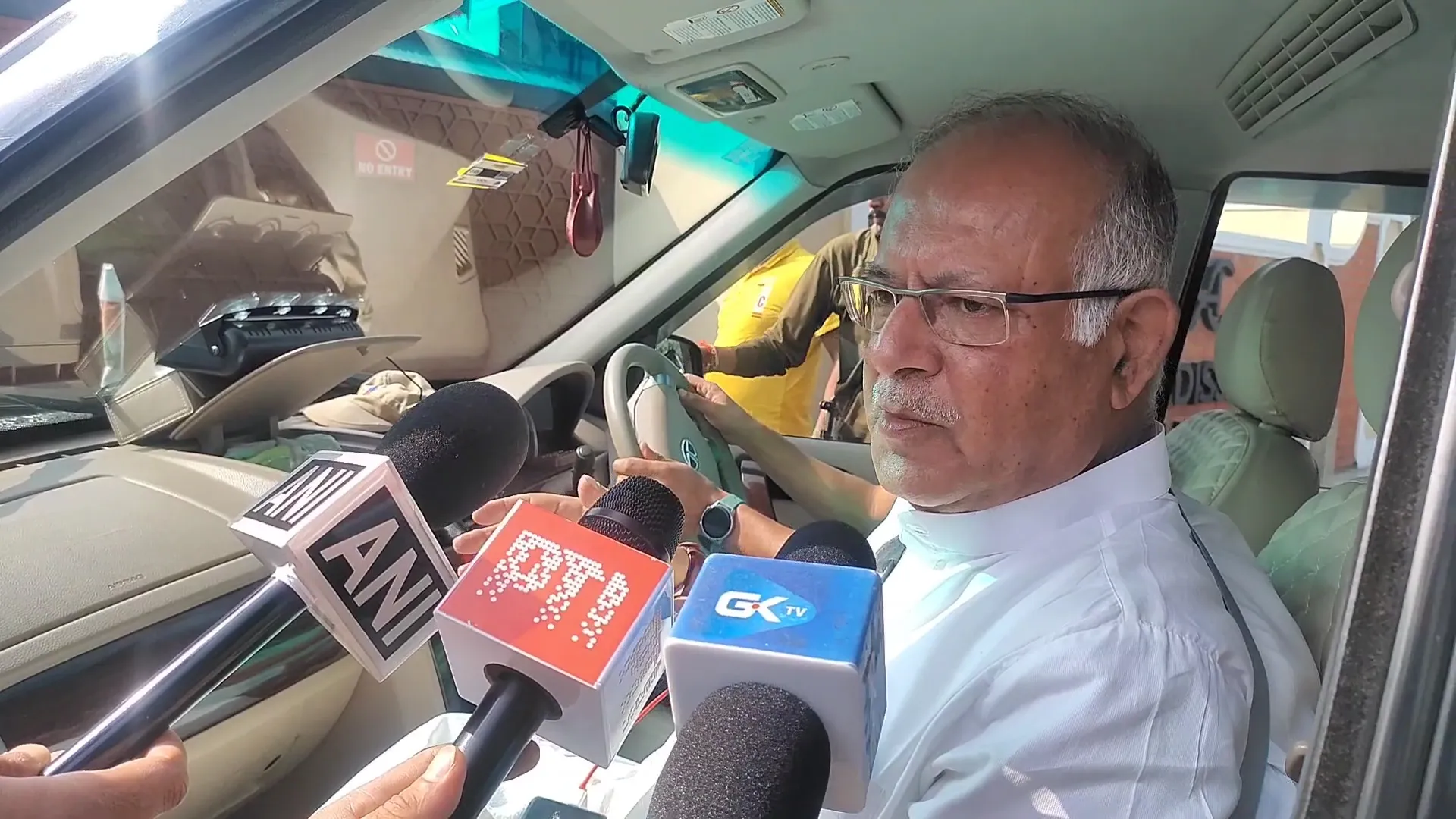
Once hailed as a technocrat steering the Reserve Bank of Malawi (RBM), Dr. Dalitso Kabambe’s legacy now lies tarnished by a trail of corruption, mismanagement, and financial irregularities that drained the public coffers and deepened the economic woes of an already struggling nation. A forensic audit covering his tenure between January 2019 and June 2020 lays bare a startling web of deceit, questionable transactions, and blatant disregard for due process.
A Web of Scandal At the heart of the allegations against Dr. Kabambe is his role in authorizing suspicious payments, issuing irregular letters of credit, and enabling questionable procurement practices. The damage, auditors claim, runs into billions of Kwacha, with funds meant for development siphoned off through inflated contracts and dubious dealings.

Irregular Letters of Credit for Fertilizer One of the most glaring examples of malfeasance involved the issuance of letters of credit to Mulli Brothers Limited (MBL) for the supply of fertilizer under the Farm Input Subsidy Programme (FISP). Despite warnings from RBM directors, Kabambe greenlit the facility without adequate risk assessment. The transactions, deemed risky and unnecessary, left the central bank financially exposed, compromising Malawi’s monetary stability.
Dubious Deals with Mitra In another shocking revelation, the RBM awarded two contracts worth over K1.7 billion to a company named Mitra. Despite clear procurement policies restricting the awarding of multiple high-value contracts to a single firm, Kabambe’s administration proceeded.
Mitra’s demand for 60% upfront payment—contrary to RBM policy—was suspiciously met, raising red flags about the motive and beneficiaries of these transactions. Looting through the Prisons Department The Prisons Department became another conduit for financial hemorrhaging. Over K9.
7 billion was siphoned off in January 2020 through the purchase of overpriced materials worth $18 million from suppliers in the United Arab Emirates. Auditors discovered grossly inflated prices, with no proper documentation to justify the transactions. Suspicious Ties to FDH Bank FDH Bank emerged as a recurring name in the scandal.
Auditors uncovered that K6.5 billion was funneled through the bank under questionable circumstances. An additional $769 million for market interventions was disproportionately channeled through FDH Bank, bypassing transparency protocols.
The auditors noted that the payments appeared to align with political objectives, coinciding with the heated June 2020 presidential election. The Hidden Costs Beyond financial mismanagement, Kabambe’s tenure at RBM highlighted a pattern of disregard for institutional safeguards and governance. The audit exposed: Unaccounted Transactions: Payments worth K2.
2 billion for maintenance, allowances, and embassy operations were made without supporting documentation. Politicized Payments: K27 billion was reportedly paid to top RBM managers, who allegedly funneled K7 billion to the Democratic Progressive Party (DPP) to finance political activities. Overlooked Red Flags: Contracts were awarded without vetting vendors’ credibility, as seen with Mitra, and costs payable to FDH Bank were not presented to the RBM board for approval.
A Legacy of Neglect While Kabambe’s defenders argue he was following government directives, the depth and breadth of the audit findings suggest complicity, if not outright orchestration, of corruption. His actions, critics say, reflected a deliberate attempt to enrich a select few at the expense of ordinary Malawians. The misuse of public funds exacerbated the nation’s economic struggles.
By prioritizing political loyalties over financial prudence, Kabambe’s administration undermined public trust in the RBM, an institution meant to be the cornerstone of Malawi’s economic stability. Political Ambitions Amid Scandal Despite his tarnished record, Kabambe is now the leader of UTM party. His political aspirations, however, face a significant credibility crisis.
Critics argue that his attempt to rebrand as a reformist leader is incongruous with his tenure as RBM governor, which epitomized financial mismanagement and corruption. Conclusion Dr. Dalitso Kabambe’s tenure as RBM governor reveals a leader whose actions prioritized personal and political interests over the well-being of Malawians.
As investigations progress, the public demands not only accountability but also systemic reforms to prevent future misuse of power. Kabambe’s legacy serves as a cautionary tale of how unchecked authority and a lack of transparency can devastate a nation’s financial health. The question remains: Will Kabambe face justice, or will he evade accountability under the guise of political redemption? For many Malawians, the answer to this question will determine the integrity of the nation’s fight against corruption.
Sharing is caring!.










